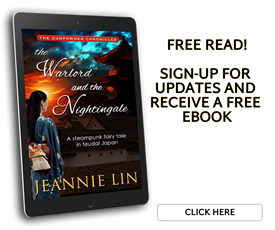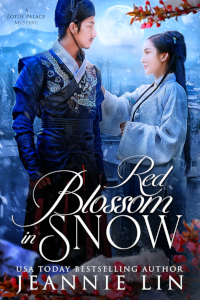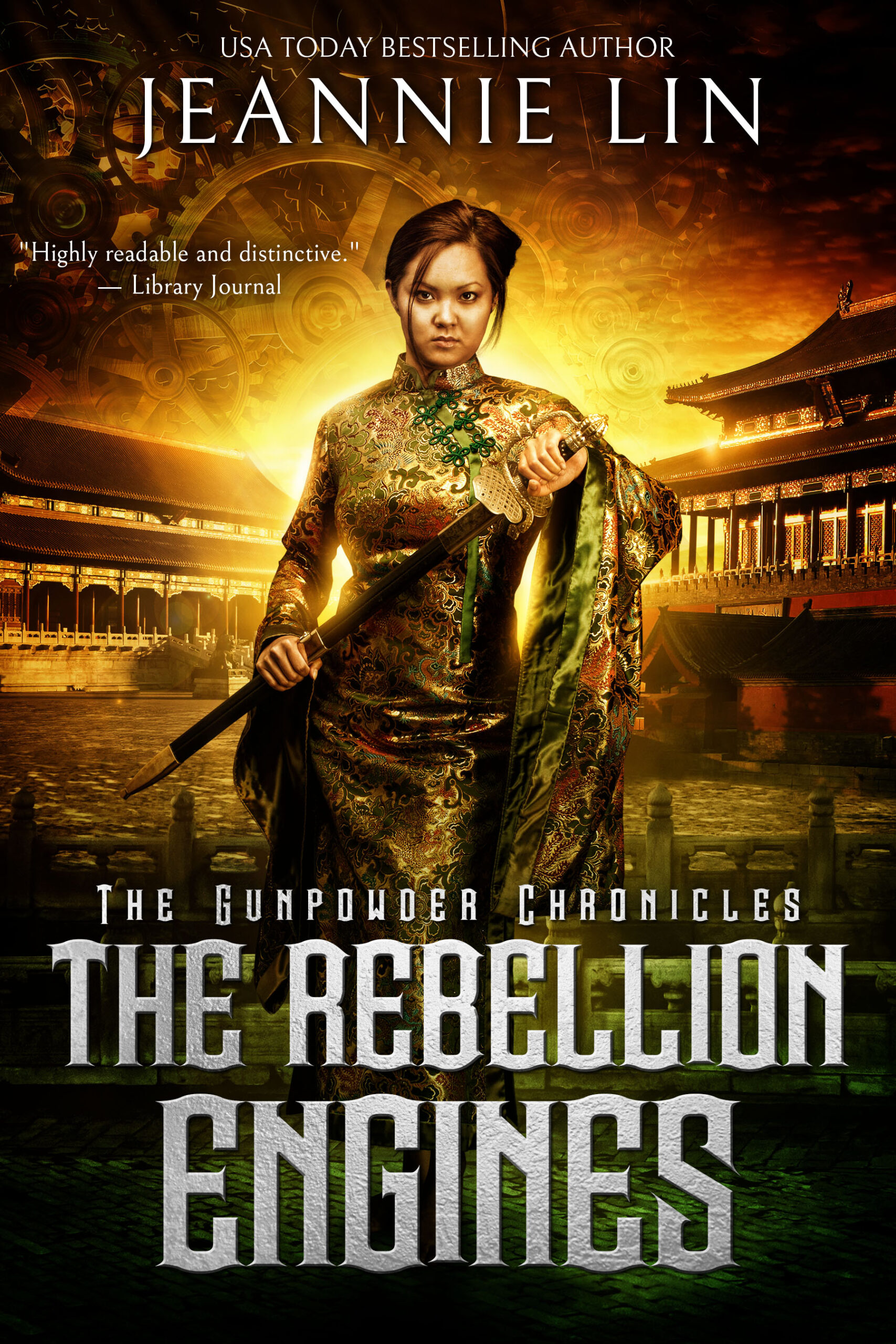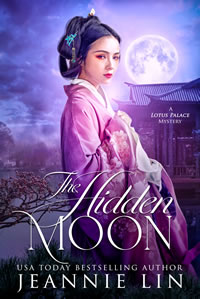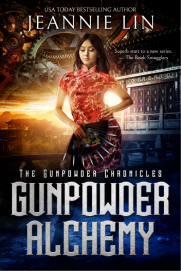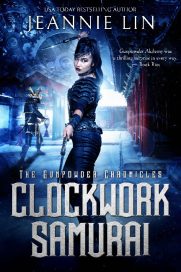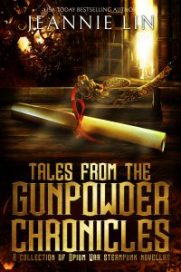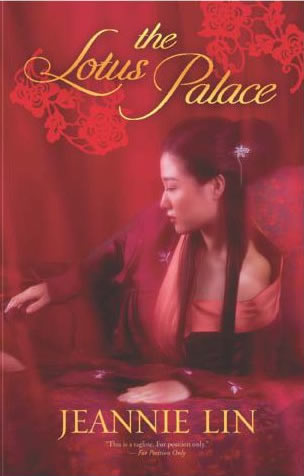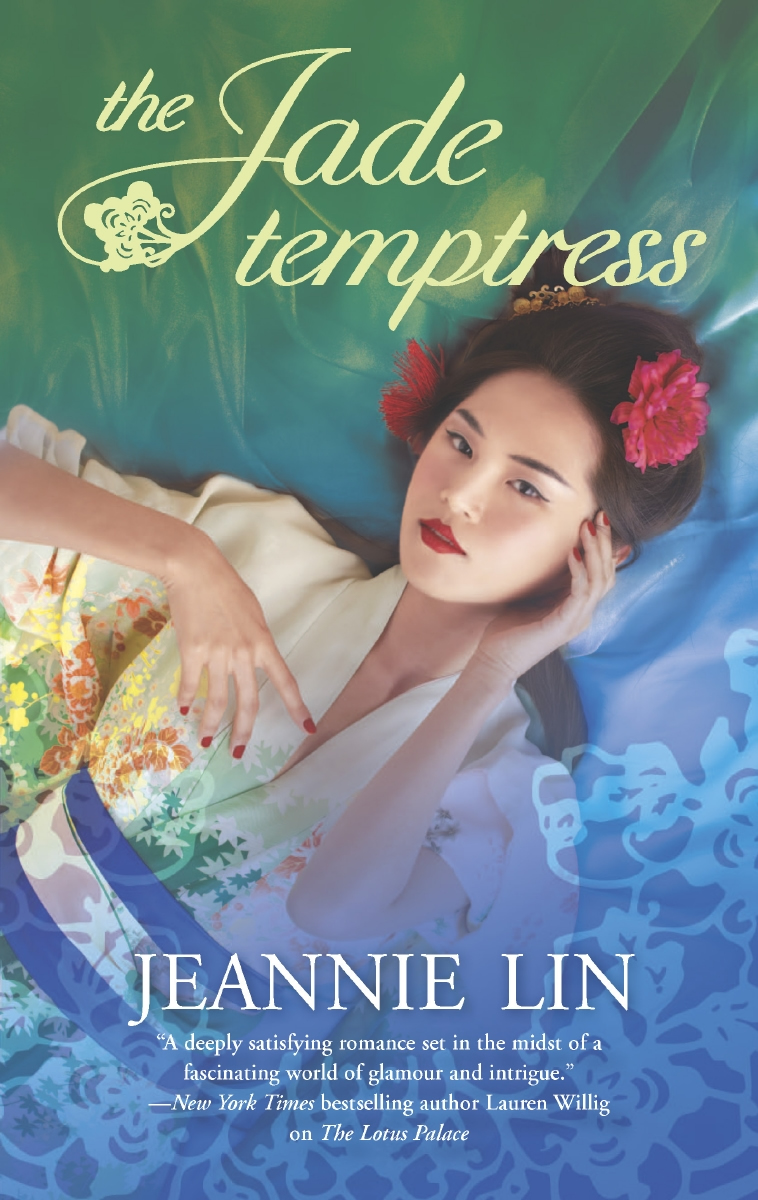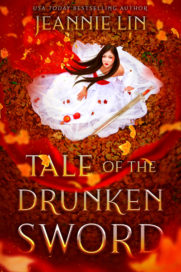Eloisa James came to speak at our local library as part of her book tour for The Ugly Duchess and there’s nothing I love more than an evening of book talk (and a short break away from the kidlets) so I was really excited to go.
Now Eloisa is famous for being Shakespeare professor by day, wildly successful romance author by night type of super-heroine and as I listened to her talk, it was so very clear how her background in literary critique drives her approach to storytelling and storycraft. There are two points she made that immediately took root and starting sprouting additional synapses in my brain:
1) What she learned between her first book and her latest one was that you have to put yourself into your books
2) As a genre fiction writer, you are always fighting against what the reader expects and knows. It’s been repeated a lot that the challenge about romance is that readers know there will be an HEA, but as writers we have to keep coming up with fresh ways to get there. I liked Eloisa James’ framing of the problem as a challenge against expectation, against mediocrity, against what the reader thinks they know and love combined with a new experience
Eloisa told an inspirational tale of how when she first decided to try writing a romance novel, she went to a bookstore and asked for five books by two NY Times Bestsellers. The helpful bookstore owner gave her Judith McNaught and Catherine Coulter. Eloisa James then proceeded to study those books the same way she dissected Shakespeare to figure out what made them work. And 21 books later with oodles of acclaim and success and wild vacations zip-lining in Australian rainforests off of writing income (or was it New Zealand?), the process seemed to have worked.
Thinking of Eloisa James’ background in literature lead me to think of my own background and how it affects my approach to writing. Alas, it’s not as useful or fun. I wasn’t a literature gal (other than loving to read) or even a great student of history.
For some reason, when I first put my hands on BASIC code, something turned on in my head. I’ve a pretty good handle on debugging code — Actually, I kind of kick-ass at it. I’m talking about debugging mind you, not creating code. On developing code, I’m probably just so-so, but to me debugging IS programming. (Just like revising IS writing.)
My other background is in cognitive science–the science of thinking–and education. So rather than analyzing Eloisa James’ writing (which I find myself too busy enjoying to analyze), I find myself more piqued by observing Ms. Jame’s thought process.
Oh yes, Ms. James. You are my current lab mouse. MWAHAHAHA….
What I noticed, again and again, during Eloisa’s discussion of how she gets her ideas, how she researches and layers them together, pulling from inspiration in popular media, history, literature, and her own life, was how every book was a complex monument of the process of SYNTHESIS.
No educator can get away from Bloom’s Taxonomy and the higher levels of critical thinking that we’re supposed to push our students toward. I’m using Wiki’s definition because it’s good enough and because it’s at hand:
Synthesis:
Compile information together in a different way by combining elements in a new pattern or proposing alternative solutions
-
- Production of a unique communication
- Production of a plan, or proposed set of operations
- Derivation of a set of abstract relations
See? Fighting against genre expectations. Putting stories together in new and interesting ways from multiple sources. In her fairy tale books, she talks about going up against both expectations of romance as well the fairy tale. And then on top of that, she’s inspired by popular media: House MD, Desparate Housewives, Pirates of the Caribbean.
I think this reflection here is in a way an extension of one I had written earlier about trying to do more in short stories, not less: Romantic short stories: Say Something
So that’s my lesson learned for this week on what makes great writing great, what makes a piece of fiction unique to an author, and why so many people love Eloisa James. Off to read The Ugly Duchess!


